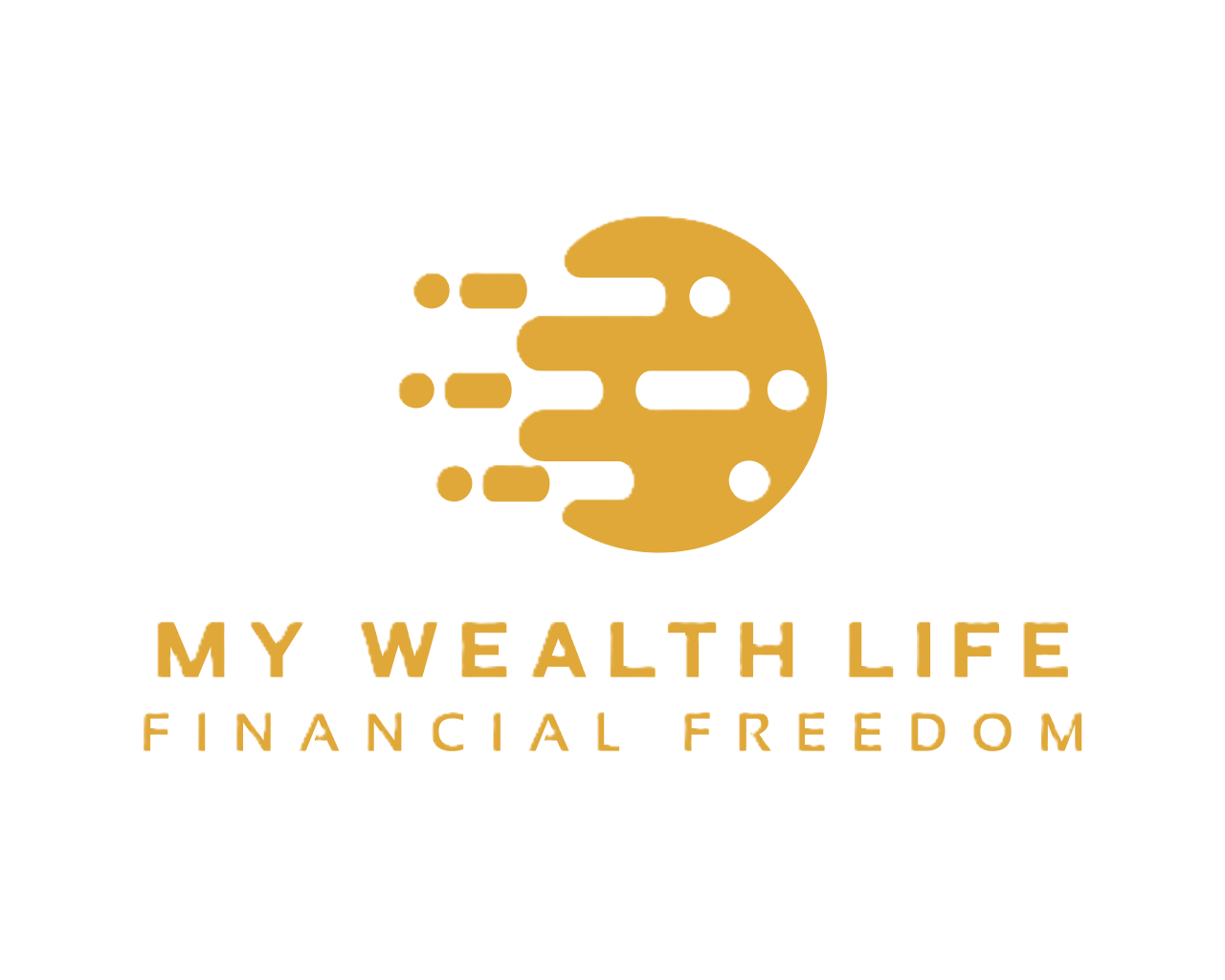Your cart is currently empty!
Phase 4 — Manage Debt Strategically
Eliminating debt is like removing weights from your financial journey — every step toward freedom gets lighter.
Debt doesn’t just cost you interest — it costs you freedom. Entering retirement with minimal or no debt means more peace of mind and more flexibility to live the lifestyle you’ve been working toward. Phase 4 is about tackling debt with strategy, not stress.
1. Prioritize High-Interest Debt
Credit cards and other high-interest loans can erode wealth faster than investments can grow it. Focus on paying these balances first. The avalanche method — paying off the highest interest rate first while making minimum payments on others — is the most efficient strategy mathematically.
2. Consider Consolidation or Refinancing
If you’re juggling multiple debts, consolidation can simplify payments and sometimes lower interest rates. Refinancing your mortgage or student loans can also free up cash flow, but always weigh the closing costs and risks before making a change.
3. Strategize Mortgage Repayment
One of the biggest retirement questions: Should you pay off your mortgage early or continue investing? The answer depends on your interest rate, investment returns, and personal comfort level.
- Low-rate mortgage (under 4–5%): May make sense to keep it and invest instead.
- High-rate mortgage: Paying it down aggressively could bring guaranteed savings and peace of mind.
4. Avoid New Consumer Debt
As you prepare for retirement, it’s critical to limit new debt. If you use credit cards, pay them in full every month. For major purchases, save ahead rather than finance whenever possible.
5. Celebrate Debt Milestones
Paying off a credit card, car loan, or finally making that last mortgage payment are big wins. Celebrate them — each step is momentum toward total financial freedom.
Takeaway
Managing debt strategically is about freeing yourself from financial weight. Every dollar not spent on interest is a dollar you can direct toward building the life you want in retirement. Less debt means less stress — and more freedom to focus on what matters most.
